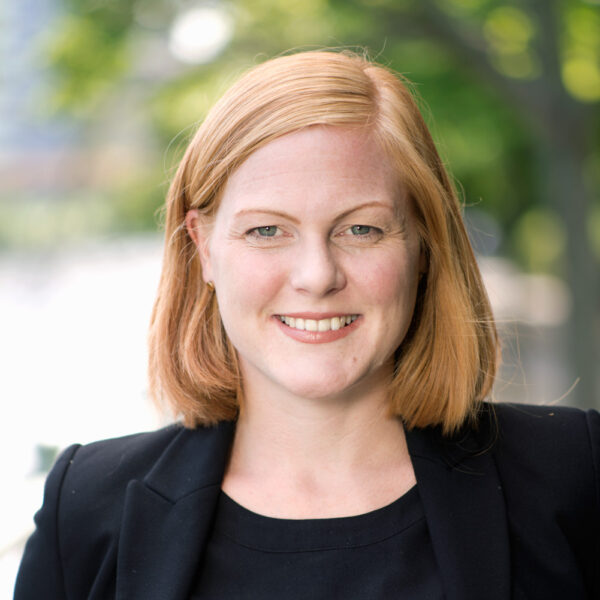Under the new name of Leading Together, in June we will convene Global Heads of Division of international civil society organisations (ICSOs) for high-level strategic discussions on global trends, best practice and joint challenges. This meeting presents a unique chance for senior leaders to network with and learn from peers. It is a space for leaders to explore opportunities for collaboration and discuss how to push for change in the sector together.
Previous Participant:
“The fact that I managed to meet and connect with my peers was amazing. The collaborative spirit and safe conversations were highly appreciated.”
This year, Leading Together will have a specific focus on Organisational Culture. Organisational Culture is a critical element of an organisations potential success or failure. Most ICSOs are investing considerable amounts of time and resources in strategy development and implementation. In some cases, however, organisations pay only a little attention their culture, which – since ‘culture eats strategy for breakfast’ – means there is a high risk of undermining their strategy. Yet, there are also plenty of examples of good organisational culture playing a key role in strengthening strategies, making them more relevant and legitimate. There is a need for ICSOs to develop a deeper understanding of how culture functions and develop a broader toolset on how to shape culture.
About Leading Together
Event format and focus: Leading Together 2020 offers two separate but interlinked conference elements:
- Joint sessions: Space to explore, discuss and shape burning issues related to the future of the civil society sector – with all participants.
- Parallel meetings: Space for peer exchange and exploration of collaboration – in parallel groups of Directors.
Joint sessions theme: Organisational Culture
- Understanding organisational culture
- Learnings from changing CSO culture
Parallel Meetings: Peer exchange and exploration of collaboration
In the second part of the conference, the following four groups will meet in parallel:
- Policy & Advocacy Directors: The Centre has convened this group annually since 2016.
- Programme Directors: The Centre convened this group for the first time in 2018.
- Human Resources Directors: The Centre convened this group for the first time in 2019.
- Heads of Urban: The Centre has convened a thematic group of ICSO innovators annually since 2017, this year’s focus on urbanisation in the Innovation Report adds this group to the Leading Together format for the first time.






